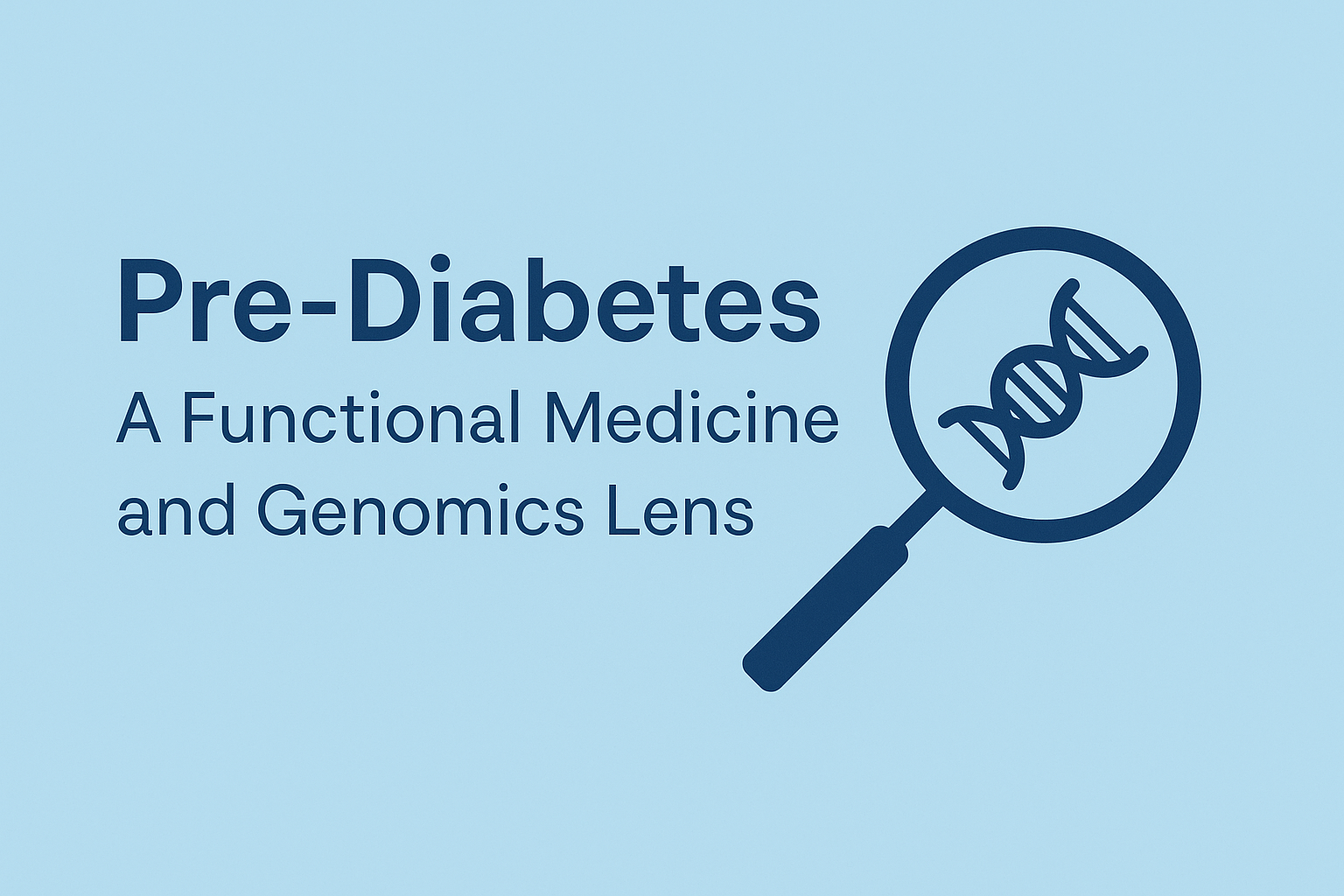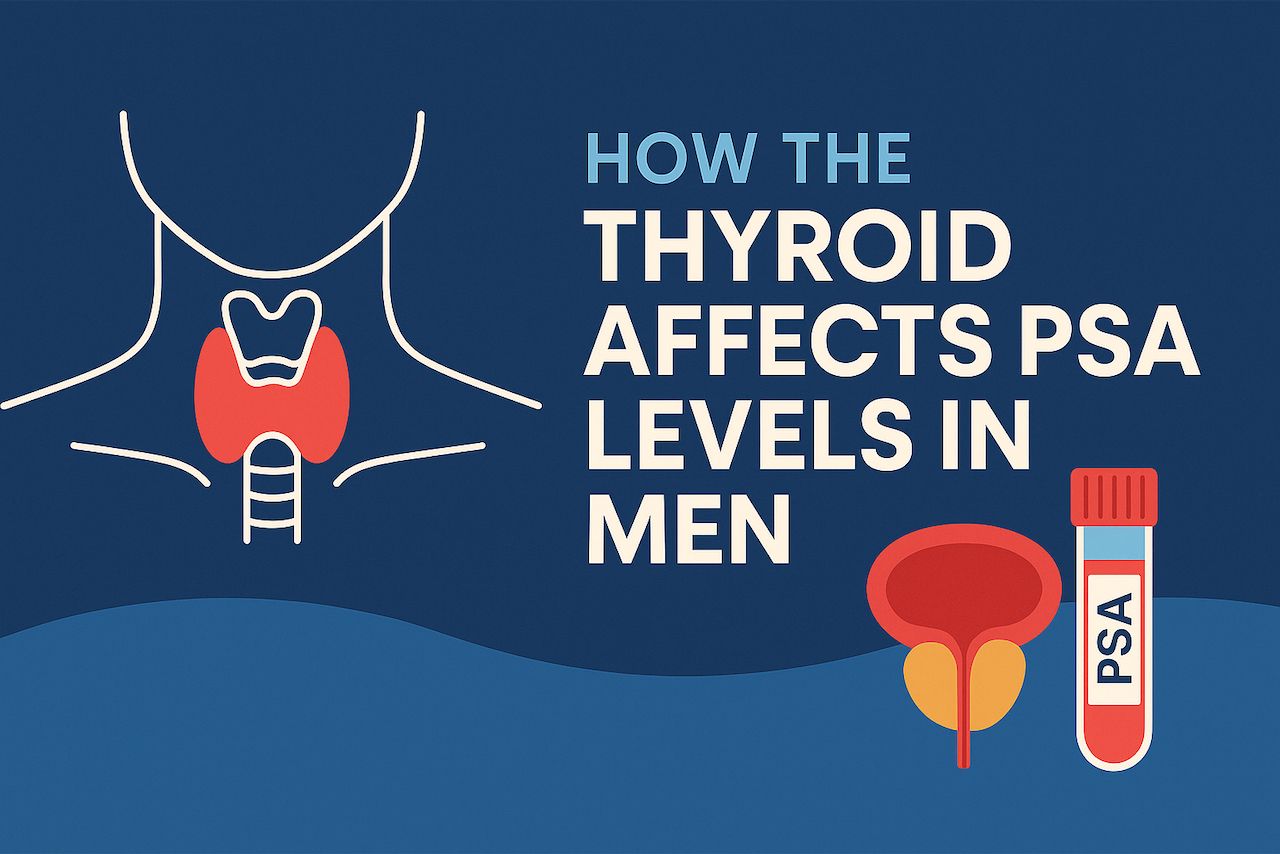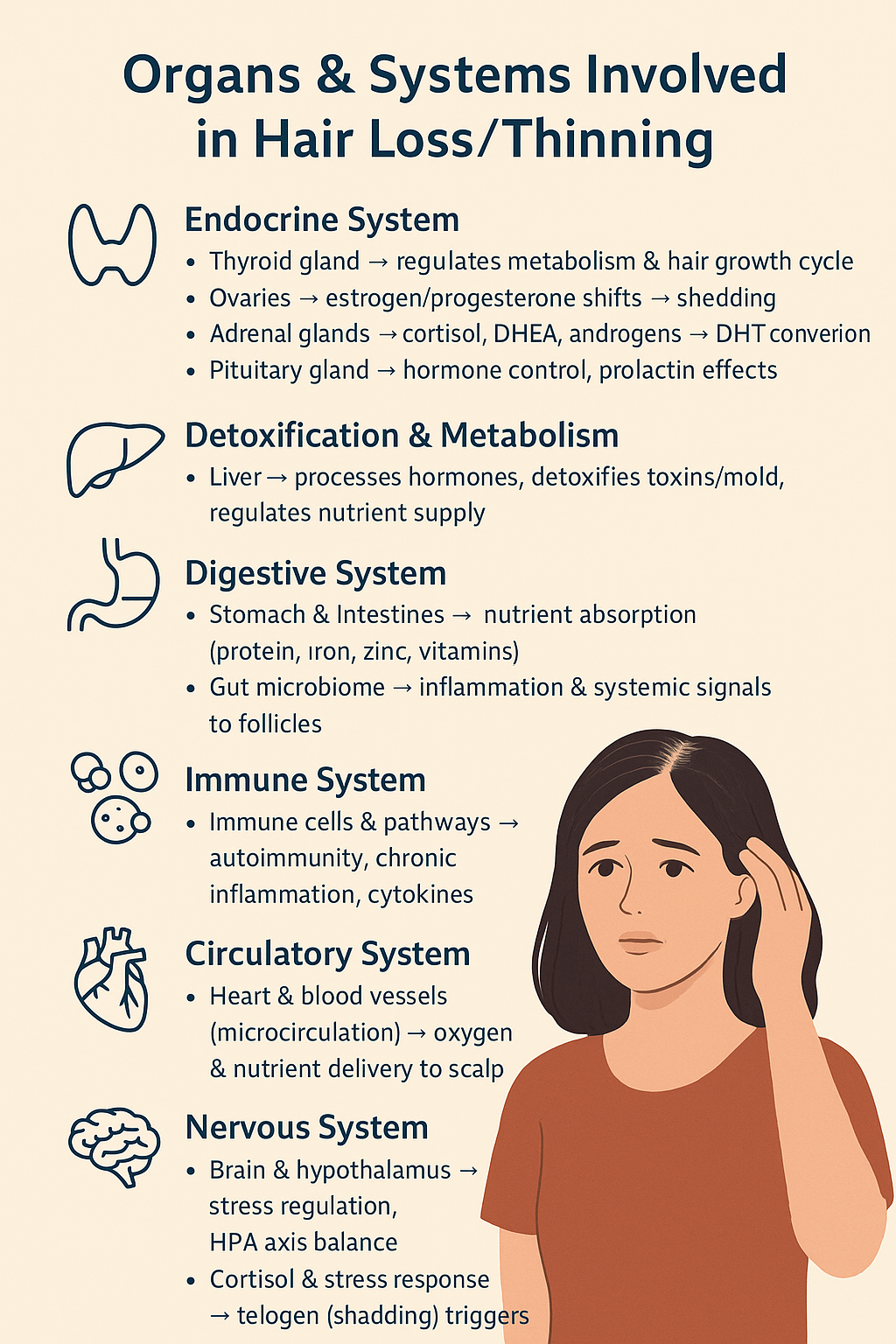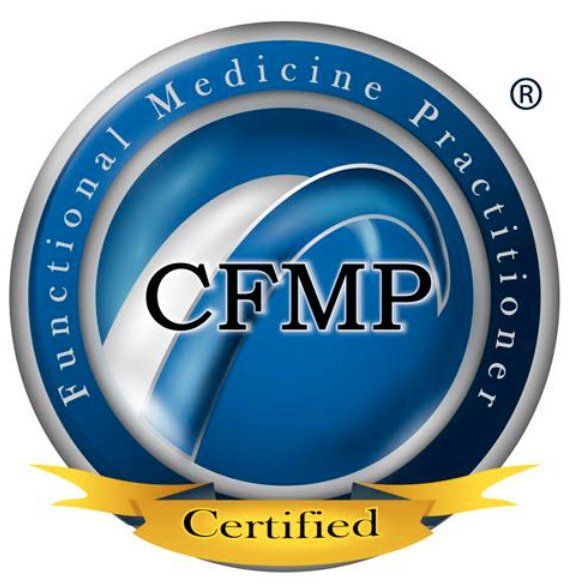The Mediterranean Diet:
How to Eat Like a Local
If you're looking for an excuse to travel to Europe, look no further than the Mediterranean diet! This delicious and healthy way of eating is popular all over the world, but it's most commonly found in countries like Italy, Greece, and Spain. So what is the Mediterranean diet? It's a way of eating that emphasizes fresh fruits and vegetables, whole grains, legumes, fish, and olive oil. In this blog post, we'll teach you how to eat like a local in one of these amazing countries. We'll also give you some tips on how to make the Mediterranean diet work for you!
The Mediterranean diet is all about fresh, seasonal ingredients. That means that you'll want to start by seeking out the freshest fruits and vegetables that are in season. Head to your local farmer's market or grocery store and stock up on whatever looks good! tomatoes, eggplant, zucchini, garlic, onions, peppers, lemons, and oranges are all great options. Once you have your produce, it's time to start cooking!
One of the best things about the Mediterranean diet is that it's incredibly versatile. There are so many different ways to prepare fruits and vegetables, so you can never get bored. One of our favorite ways to cook veggies is to roast them in the oven. This brings out their natural sweetness and makes them extra delicious. Another great option is to grill your veggies on the barbecue. This is a popular way to cook in the Mediterranean, and it's perfect for summertime.
Of course, no meal is complete without some protein. The Mediterranean diet typically relies on fish as its main source of protein. This is great news for seafood lovers, but what if you're not a fan of fish? Don't worry - there are plenty of other options. Chicken, lamb, and beef are all commonly eaten in the Mediterranean. If you're looking for a vegetarian option, tofu and tempeh make great substitutes for meat.
Last but not least, no Mediterranean meal is complete without a little bit of olive oil. This healthy fat is a key component of the diet, and it's what gives many dishes their signature flavor. However, a good rule of thumb is to use olive oil for flavor, not for cooking. When olive oil is heated at high temperatures, it will smoke and become unpleasantly bitter. Instead, use it to finish a dish by drizzling it over the top after it's already cooked.
According to recent research, the Mediterranean diet is our DNA's and Genome's favorite diet. It has been linked to a decreased risk of heart disease, stroke, metabolic syndrome, diabetes, depression, and cancer. It has also been found to improve cognitive function, memory, and even a longer life span! It should come as no surprise that the Mediterranean diet has won numerous accolades and is regarded by US News & World Report to be the "No. 1 Best Overall Diet" for the fifth year in a row.
The Mediterranean diet is a delicious and healthy way of eating that can be enjoyed by everyone. Following the tips in this blog post, it will ensure that you're getting the most health benefits possible. And when it comes to dressing your salad, simple olive oil and vinegar combination is all you need. Be sure to use a good quality extra virgin variety. Trust us, you'll love it!
Now that you know how to eat like a local in the Mediterranean, it's time to start planning your trip! This region has so much to offer, from stunning beaches to ancient ruins. And of course, the food is not to be missed. So what are you waiting for? Start packing your bags - and don't forget your sunscreen!
Do you have any favorite Mediterranean recipes? We'd love to hear from you in the comments below!
If you want to learn more about the Mediterranean diet check out chapter #5 of my new book "Understanding Genomics;
How Nutrition, Supplements, and Lifestyle Can Help You Unlock Your Genetic Superpowers."
This book is a must-read if you want to learn how to control your genetic destiny!
Order a copy today!
Until then, stay healthy and happy!
Dr. Marios Michael
Resources:
- Dr. Marios Michael, DC, CNS, cFMP, 06/2022, Understanding Genomics; How Nutrition, Supplements, and Lifestyle Can Help You Unlock Your Genetic Superpowers, 1st edition, Austin, Bookbaby.
- Gwynne M, Mounsey A. Mediterranean diet: higher fat but lower risk. J Fam Pract. 2013 Dec;62(12):745-8. PMID: 24340336; PMCID: PMC3891943.
- Fitó M, Konstantinidou V. Nutritional Genomics and the Mediterranean Diet's Effects on Human Cardiovascular Health. Nutrients. 2016 Apr 13;8(4):218. doi: 10.3390/nu8040218. PMID: 27089360; PMCID: PMC4848687.
- Boccardi V, Esposito A, Rizzo MR, Marfella R, Barbieri M, Paolisso G. Mediterranean diet, telomere maintenance and health status among elderly. PLoS One. 2013 Apr 30;8(4):e62781. doi: 10.1371/journal.pone.0062781. PMID: 23646142; PMCID: PMC3640022.
- Visioli F, Galli C. The role of antioxidants in the Mediterranean diet. Lipids. 2001;36 Suppl:S49-52. doi: 10.1007/s11745-001-0682-z. PMID: 11837993.
Medical Disclaimer: The information included on this blog is for educational purposes only. It is not intended nor implied to be a substitute for professional medical advice. The reader should always consult his or her healthcare provider to determine the appropriateness of the information for their own situation or if they have any questions regarding a medical condition or treatment plan. Never disregard professional medical advice or delay in seeking it because of something you have read on this blog! Reading the information on this blog does not create a physician-patient relationship.
These statements have not been evaluated by the Food and Drug Administration. This product is not intended to diagnose, treat, cure, or prevent any disease.











